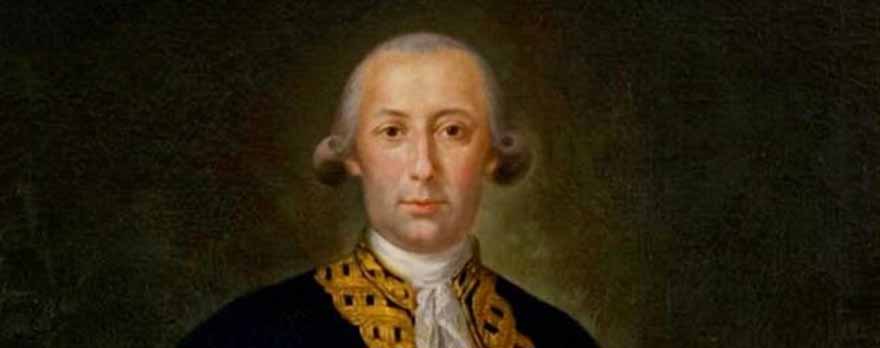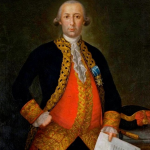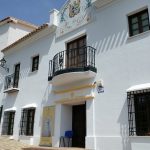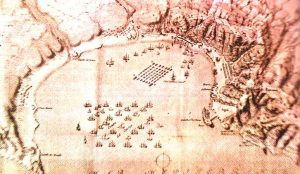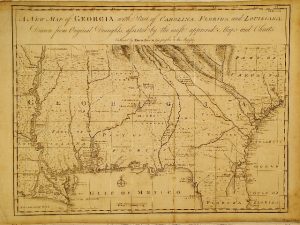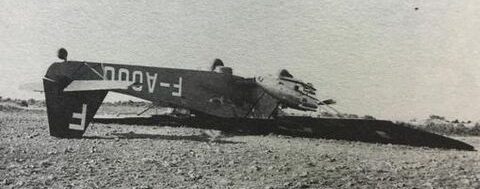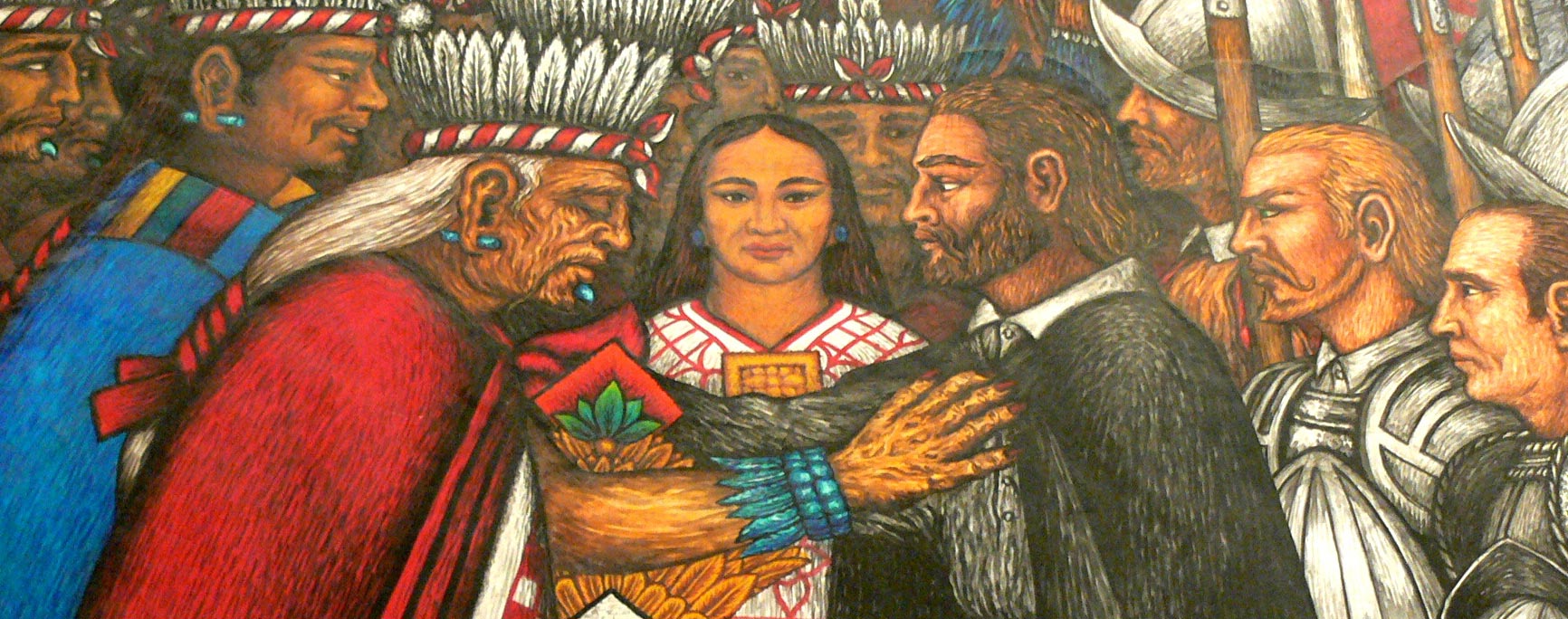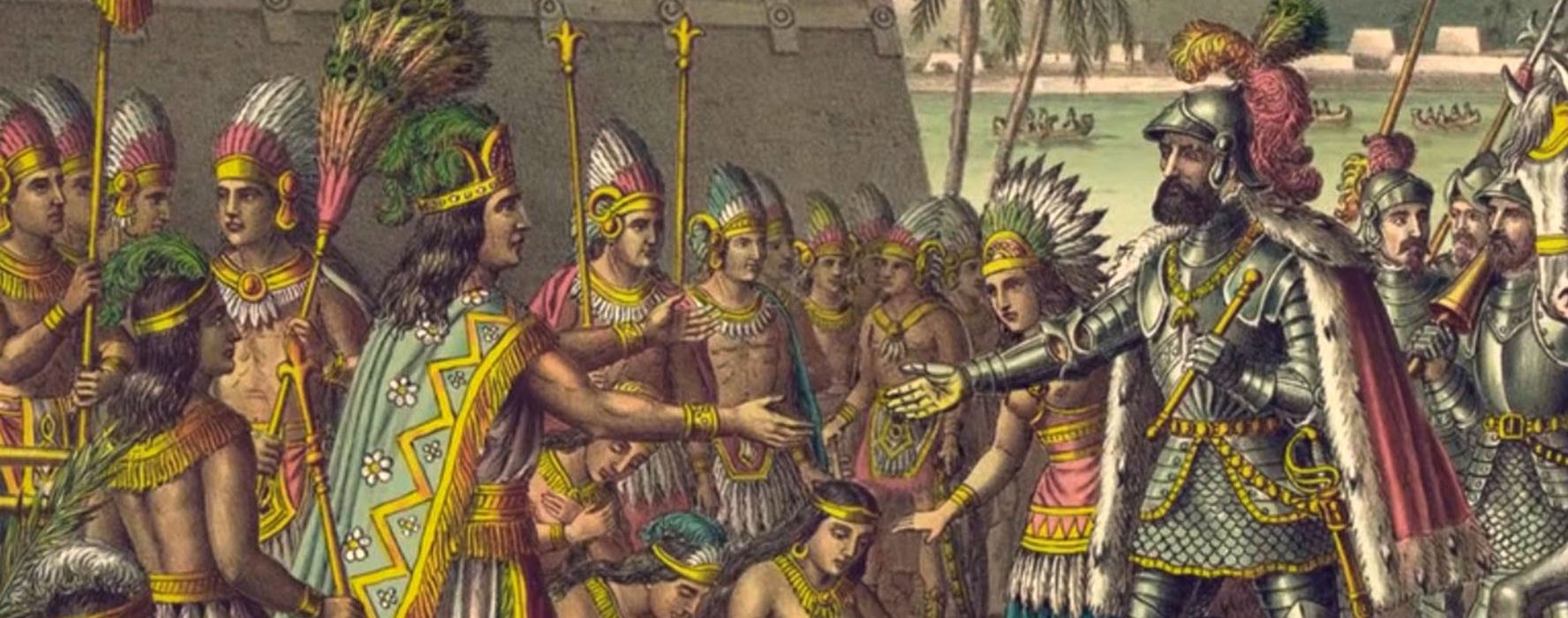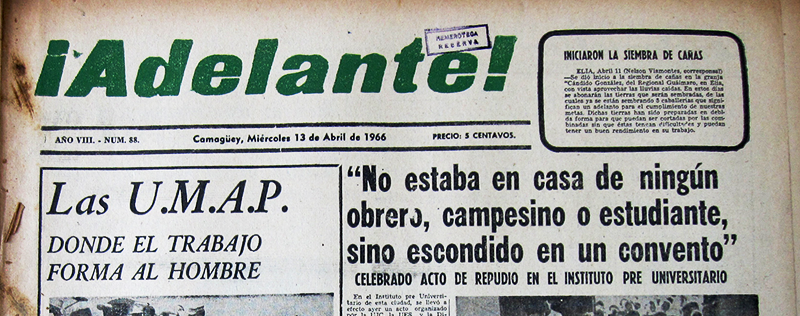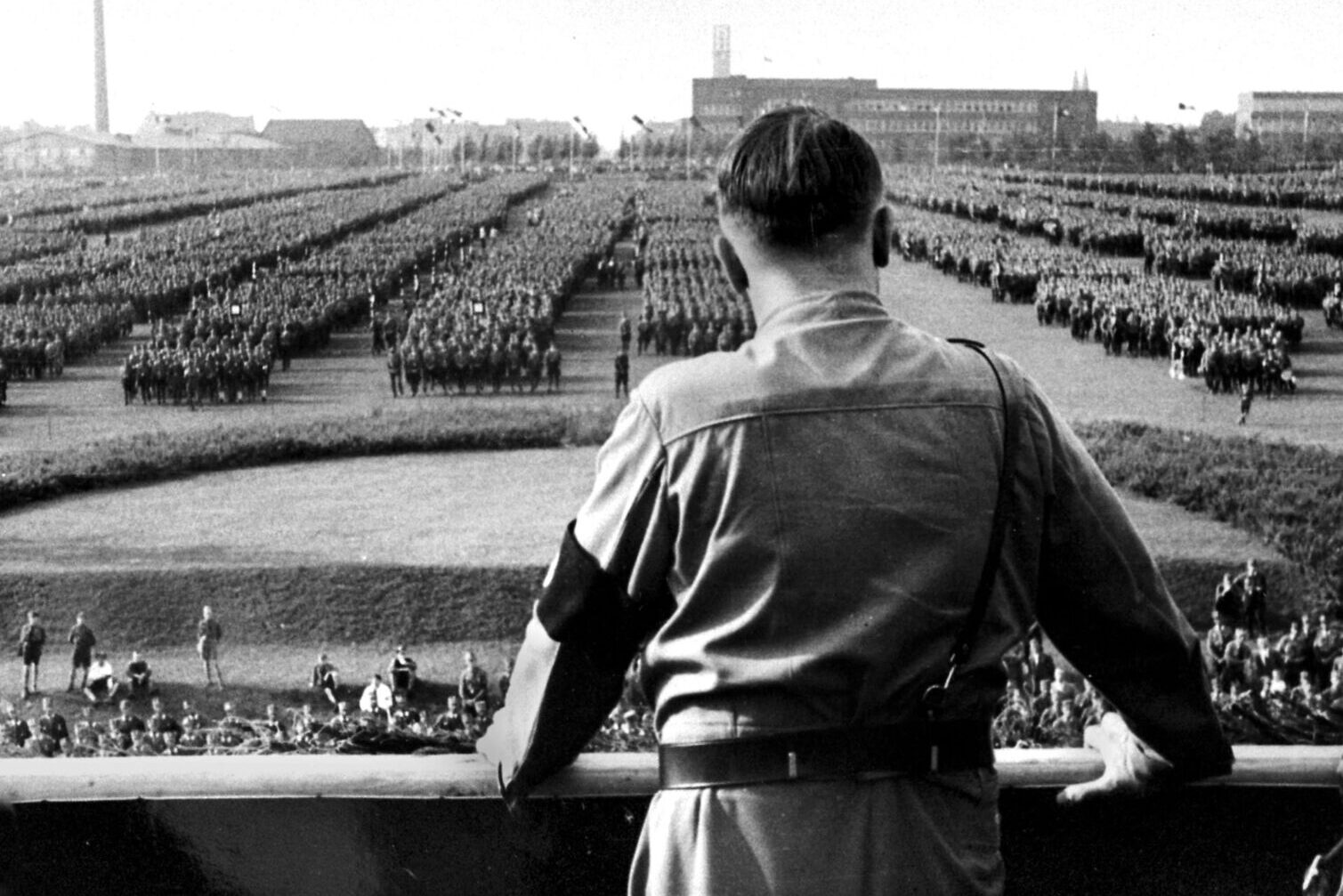Source:GEHM
If there is one example of a Spaniard who is better known abroad than in his own country, it is Bernardo de Gálvez. His decisive actions made possible the birth of the great world power of our time. In spite of all this, the recognition given to him is far less than he deserves.
In 1770, he became Commander of the Arms of Nueva Vizcaya and was stationed in San Felipe el Real de Chihuahua (Mexico), where he fought the Apaches that threatened the economy of the area. He advanced through the desert in harsh conditions that discouraged his soldiers, but Gálvez, demonstrating his already enormous character, told them: “I will go alone if there is no one to accompany me”. Enraged by such a phrase, his soldiers followed him and managed, near the Pecos River, to defeat and pacify the Apaches, who managed to wound him on three occasions.
After five years he returned to the peninsula and joined the Seville Infantry Regiment, with which he took part in O’Reilly’s disastrous expedition to Algiers. In that campaign he stood out greatly to the commanding officers, remaining at the head of his company of hunters despite being seriously wounded. This heroic action was not to be overlooked, and he was promoted to lieutenant colonel at the age of only 29.
After spending a year at the Military Academy of Ávila, he took up his new post in New Orleans as colonel of the Permanent Regiment of Louisiana, a province that was then Spanish and stretched as far as Canada. In 1777, he married a 22-year-old Creole, Felicitas de Saint Maxent, daughter of the founder of New Orleans and widow of Jean Baptiste Honoré d’Estrehan, former treasurer to the King of France. On 1 January of the same year, he became the acting governor of the city, due to the transfer of his predecessor, Don Luis Unzaga, to Caracas. From that moment on, Don Bernardo became a real nightmare for the sons of Great Britain.
He started chasing English smuggling, which was very active in the area, and we must only remember the famous Jenkins and his even more famous ear. Those were not exactly times of peace and tranquillity, the geopolitical situation was very difficult. Spain and France had been unofficially allied since the beginning of the century when the French Bourbons succeeded the Habsburgs on the Spanish throne. France thus went from being a traditional enemy to becoming the main ally against Britain, which never ceased its ambitions for Spain’s vast empire. An example of this is the earlier military conflict, the Seven Years’ War, in which Spain lost Florida and received Louisiana from France as compensation.
This explains the division of territories in the area and makes it clear that England, which had long threatened Spain’s possessions in the Gulf of Mexico, wanted more. However, it so happened that the English colonies in North America felt they were on an equal footing with the Spanish metropolis and had long been asking for a series of rights which England, blinded by its arrogance, not only denied them but imposed new taxes on them, like those imposed on the Asian colonies.
It was too much for the pride of those white men and evidently, the hen house was in an uproar. The rebellion of the North American colonies against the English metropolis meant that the area acquired great strategic importance. For this reason, throughout 1778, Bernardo founded colonies reinforcing the Spanish positions in the province as well as providing aid to the Americans by giving them 15,948 pesos as well as flour, fruit, and … soldiers: the Louisiana Cavalry Company. Spanish aid was not limited to this city; the rebels were welcomed and traded within all Spanish ports, which greatly worsened relations with His British Majesty.
This new confrontation would determine whether to continue the Franco-Spanish retreat from hungry Albion or to repay the British for all past affronts. Initially, the rebels were on their own, but they did receive financial aid of more than 5 million pounds from France and Spain. But it was after the rebel victory at Saratoga that the French declared war on Britain.
Some had already seen that this war could be a great opportunity to subdue the will of the English king. Unlike on previous occasions, and taking advantage of the initiative to declare war, the French Mediterranean squadron got ahead of the Royal Navy’s blockade and was able to reach the Atlantic, leaving the English with their noses to the grindstone when they reached the Strait of Gibraltar.
This fact is crucial as it led to the subsequent Spanish-French naval superiority and therefore to the initiative also throughout the war in the main theatre of operations, the North Atlantic.
Share this article
On This Day
- 1648 Pedro II of Portugal is born.
History of Spain
26 August 2020
27 January 2021
Communism: Now and Then
23 December 2022
28 July 2021
